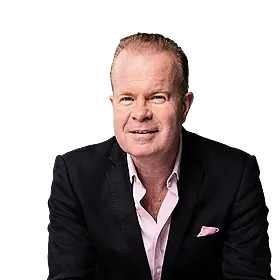On the NPR TED Radio Hour, Sunday 5th July, Newstalk FM
'How it all began':
Geneticist Spencer Wells describes how he uses DNA samples to trace our individual origins going back 2,000 generations. He also tells the story of early humans, and our eventual migration from Africa.
David Christian explains the history of the universe from the big bang, and how humans occupy little more than a millisecond on that cosmic timeline.
Paleontologist Jack Horner explains what dinosaurs tell us about our own origins and what we can learn by attempting to revive a piece of the past.
A dig for humanity's origins
Louise Leakey describes her family's long search for early human remains in Africa, and how unlocking that mystery is the key to understanding our past and our future.
The sediment flowing into the Lake Turkana basin in Kenya makes it a fertile area for fossil discovery. At the age of 12, Leakey was part of a dig, along with her parents, that discovered the remains of a homo erectus. She describes the excitement and sense of familiarity she felt at the time:
"He had a body very similar to our own, and he was on the threshold of becoming human."
Leakey believes that it is our collective intelligence that define us as human - and that links us back with our early ancestors.
Will our kids be a different species?
Juan Enriquez argues that human evolution is far from over, homo sapiens are becoming a new species right before our eyes.
He says that humanoids have seen 29 'upgrades' in their history, and many chance mutations along the way.
Genes like ACE, which allow for breathing at high altitudes, and 577R, common among Olympic athletes - and with advancing science we may be able to control these and use them to better ourselves in certain areas,
Enriquez believes we are becoming "a hominid that's beginning to directly and deliberately control the evolution of its own species, of bacteria, of plants, of animals."
"And I think that's such an order of magnitude change that your grandkids or your great-grandkids may be a species very different from you."
Listen back to the TED Radio Hour 'How it all began' here.









